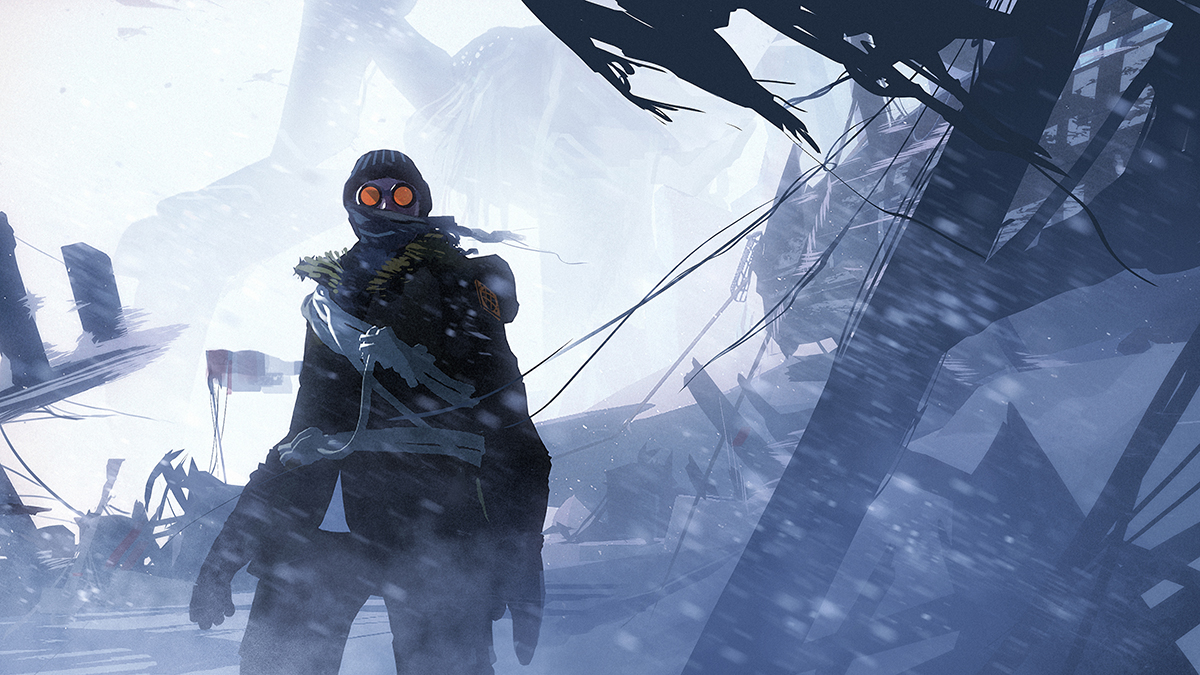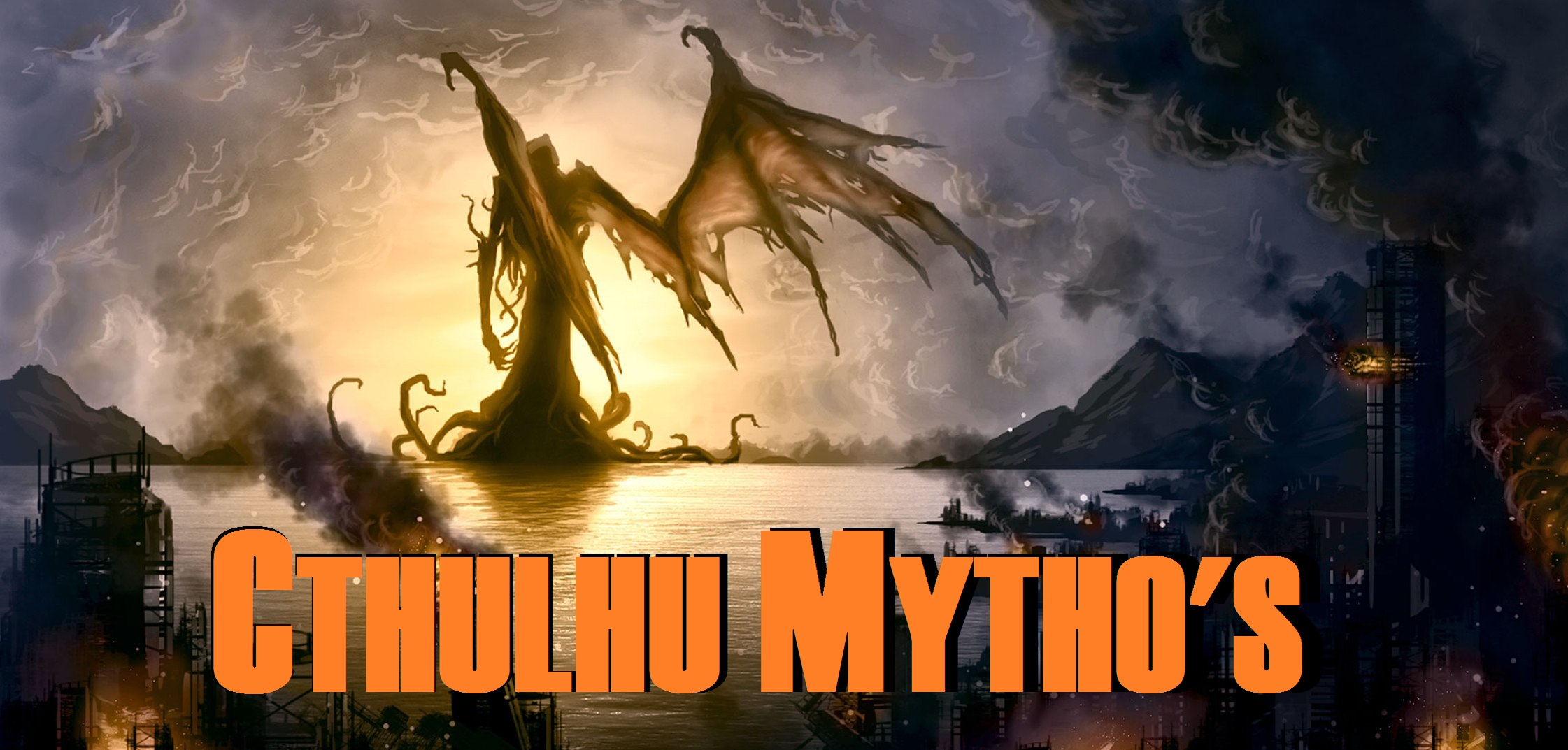With the poor reception of Edge of Nowhere, and more Lovecraftian horror games being porked out in the upcoming months, some gamers believe that our beloved Cthulhu has finally over-stayed his welcome.
But is this genre truly overused?
We need to have some context. To clear it up, let’s look at how many games have been made focusing on the mythos. And of those, how many were true successes?
According to Wikipedia, there are a measly fifteen games based on Lovecraft’s stories. If we include Indie-games it would probably hit around 30 — and of those, only about seven of them were any good. However, in board games it’s a completely different story. There are (to date) 60 tabletop games set in the Cthulhu mythos — and this does not include expansions.
It seems to be at least an explored genre.

But let’s compare this to another beaten to undeath genre: zombie games. According to Wiki pages (I counted), there are about 140 video games — and over 400 board games in total — that are zombie-related. But it’s only recently that we’ve started to complain about the amount of zombie games.
So why do people think Cthulhu is over used?
Because in general, we like Cthulhu, and anything connected to the mythos is usually a win. Developers know this — which is why they always add some Easter egg or reference to the mythos when and if they can. The more Cthulhu, the better.
But we don’t always understand the spirit of Lovecraftian Horror. As H.P. Lovecraft himself said:
“The oldest and strongest emotion of mankind is fear, and the oldest and strongest kind of fear is fear of the unknown”
The essence of a good Lovecraft game is darkness so oppressing there is no hope of escaping. Monsters so vast there is no chance of defeating them. Our existence in these stories is so small and so pathetic we really have no right to be here. The concept of Lovecraftian horror should humble you, it should make you want to join the cults, if only to save your own skin.
It should make you think. There is no hope in Lovecraftian horror — there never should be.

But a lot of players haven’t even read the books, they don’t even know the difference between a Shoggoth or an Elder Thing — which is a damned tragedy. This has led to a lot of games being called ‘Lovecraftian Horror’ despite having little to do with the source material. Amnesia the Dark Descent is a pretty good example.
This isn’t entirely wrong, as the theme, feel, and essence of a game can remind us of those dark corners Lovecraft so enjoyed exploring. But in reality it is not Cthulhu mythos. So when we hear about a Lovecraftian horror game, we usually only hear the opinion of someone who has heard of Lovecraft, but never read his material.
This had led to the idea that there are a lot of Lovecraft games. Even creators will say ‘inspired by Lovecraft’ because they know how much sway the writer has over gamers.
So is Cthulhu really being overdone? Not at all. It’s just the name of Lovecraftian horror that’s been overused. If anything, it’s high time the theme was properly explored in the video game genre — and with any luck we’ll get a Cthuhlhu: Dark Corners of the Earth successor on our doorstep soon.







Published: Jun 20, 2016 03:41 am